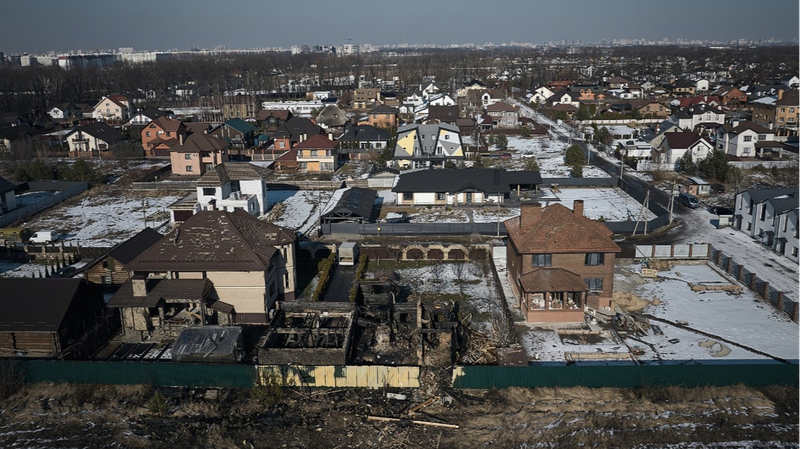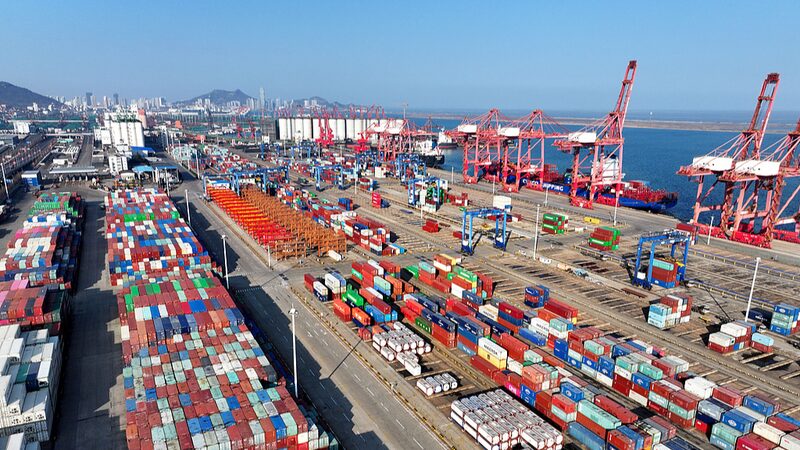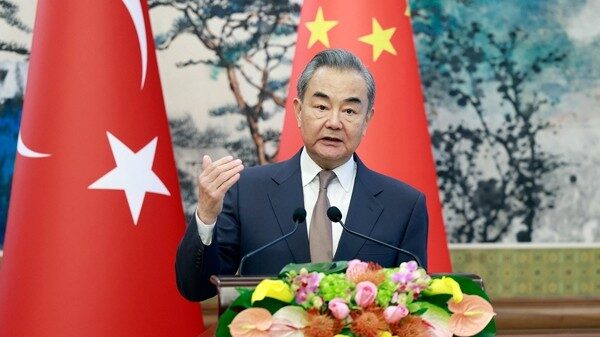As the world navigates unprecedented challenges—from economic shifts to security crises—Chinese Foreign Minister Wang Yi emphasized China’s growing role as a stabilizing force during a recent press conference. 🔍 With the global order facing cracks, could China’s approach offer a blueprint for collaboration?
The World at a Crossroads
Charles Dickens’ iconic “best of times, worst of times” feels eerily relevant today. 🌍 From the Ukraine crisis to the Gaza conflict, nations are grappling with a “security dilemma” while the Global South demands fairer economic opportunities. Meanwhile, Western powers face diminishing influence in a rapidly changing landscape.
China’s Twofold Impact
💼 Economic Powerhouse: In 2023, China contributed over 30% of global economic growth—solidifying its status as the world’s growth engine. Beyond manufacturing, it’s now a digital innovation hub and clean energy leader.
🤝 Belt and Road Initiative (BRI): Over 100 countries have joined this decade-old project, which prioritizes “open collaboration over geopolitical rivalry.” The BRI’s focus on infrastructure and inclusivity has even attracted developed nations to China-led institutions like the Asian Infrastructure Investment Bank.
A New Vision for Globalization?
Experts argue that traditional power competitions are outdated. China’s emphasis on “win-win partnerships” and digital connectivity could redefine international relations. As Wang Yi noted, the goal isn’t just growth—it’s building a “shared future for mankind.” 🚀
Reference(s):
cgtn.com





